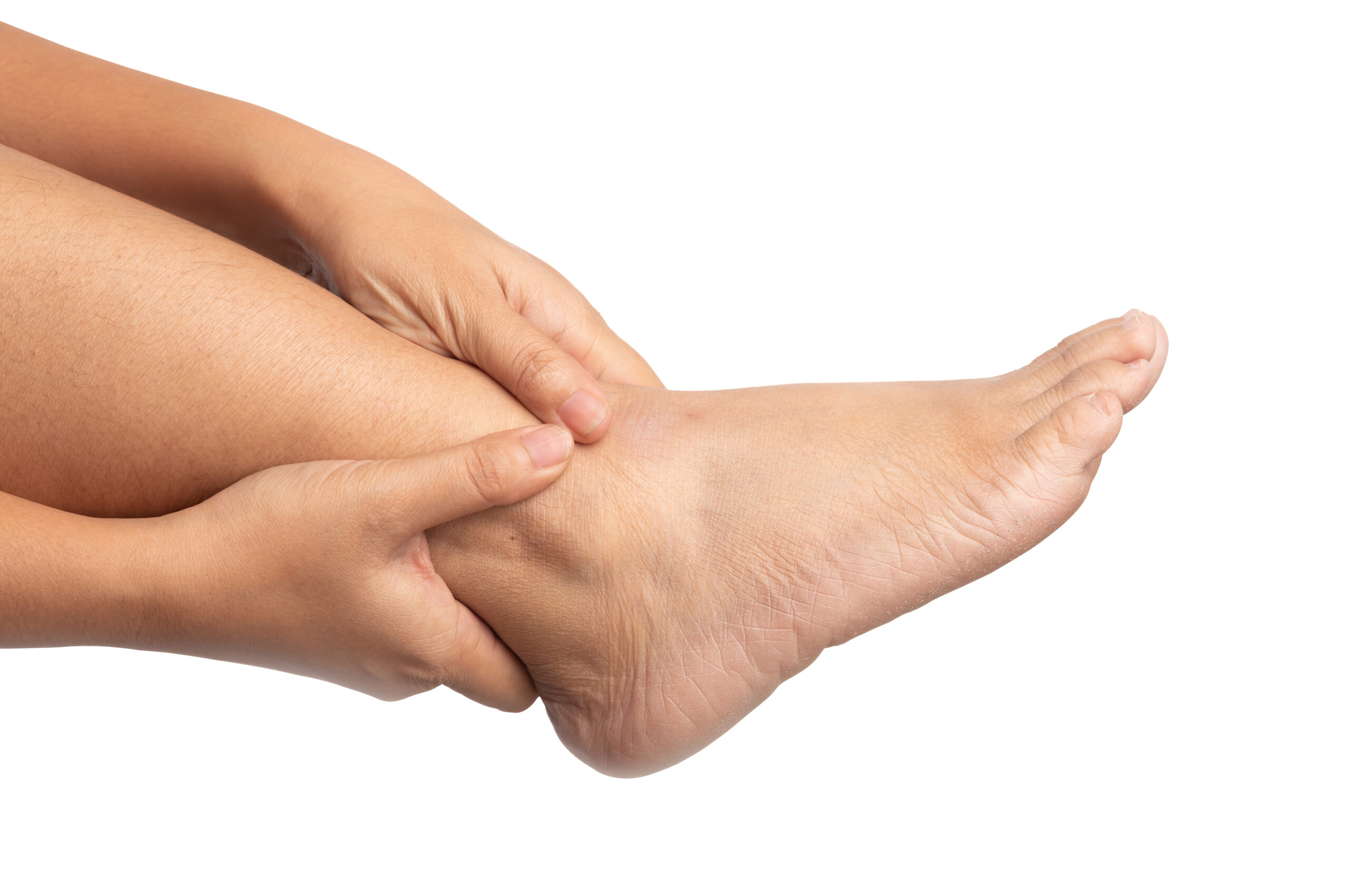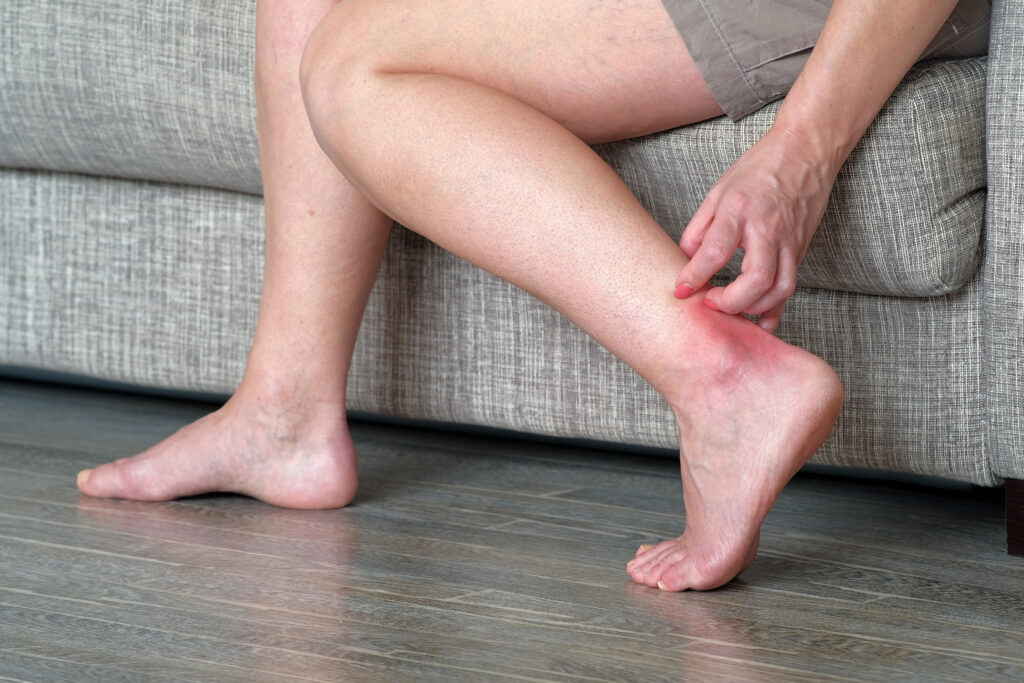Verse Piece Codes (July 2025): All Working Codes for Free Gems, Boosts & More


Swollen ankles can be a perplexing and uncomfortable condition, often hinting at underlying health issues that require attention. While occasional swelling might be harmless, persistent or severe cases should not be ignored. Understanding the detailed causes of swollen ankles can help individuals seek appropriate treatment and make lifestyle adjustments to alleviate discomfort. This article delves into specific conditions linked to swelling, practical management tools and techniques, and home remedies for swelling relief, drawing on medical insights from recognized clinics.

Heart failure is a serious condition where the heart cannot pump blood efficiently, leading to fluid accumulation in various parts of the body, including the ankles. This fluid retention, known as edema, occurs because the heart struggles to circulate blood, causing pressure to build in the blood vessels. The resultant leakage of fluid into surrounding tissues manifests as swelling. Recognizing this link is crucial for individuals experiencing unexplained ankle swelling, as it may indicate a need for cardiac evaluation and intervention.
The kidneys play a critical role in maintaining fluid balance in the body. When kidney function is compromised, as seen in conditions like chronic kidney disease, the body retains excess sodium and water, leading to edema. Swollen ankles can thus be an early warning sign of kidney issues. Medical insights from recognized clinics suggest that individuals with persistent ankle swelling undergo kidney function tests to rule out or confirm kidney-related causes.
Liver disease, particularly cirrhosis, can lead to swollen ankles due to a condition known as ascites, where fluid accumulates in the abdominal cavity and extremities. The liver’s impaired ability to produce proteins necessary for fluid regulation results in leakage into tissues, causing swelling. Early detection of liver-related swelling is vital, as it allows for timely medical intervention and management of potential complications.
Chronic venous insufficiency is a condition where the veins in the legs struggle to return blood to the heart, often due to damaged valves. This inefficiency leads to blood pooling in the lower extremities, causing swelling. Over time, this can result in skin changes and ulcerations. Recognizing and addressing venous insufficiency early can prevent progression and improve quality of life. Compression stockings and elevating the legs are practical management tools and techniques recommended by healthcare providers to alleviate symptoms.
Lifestyle factors can significantly contribute to ankle swelling. Prolonged periods of standing or sitting, particularly in cramped positions, can impede circulation and lead to fluid accumulation in the ankles. Additionally, dietary habits, such as high salt intake, can exacerbate fluid retention. Weight management, regular physical activity, and a balanced diet are essential strategies for mitigating lifestyle-related swelling, as emphasized by medical professionals.
Managing swollen ankles effectively often involves the use of specific tools and equipment. Compression stockings are a commonly recommended tool, providing gentle pressure to promote blood flow and reduce swelling. Elevating the feet above heart level can also be beneficial in reducing edema. Foot baths with Epsom salts may offer temporary relief, though it’s important to follow guidance from healthcare providers to avoid exacerbating any underlying conditions.
For those seeking home remedies for swelling relief, several practical approaches can be implemented. Staying hydrated helps the body eliminate excess sodium, reducing fluid retention. Gentle exercises, such as ankle rotations and walking, can improve circulation and prevent fluid buildup. Incorporating anti-inflammatory foods, like ginger and turmeric, into the diet may also support overall vascular health. However, it’s crucial to consult with a healthcare provider before trying new remedies, particularly if the swelling is persistent or accompanied by other symptoms.
In conclusion, understanding the causes of swollen ankles and adopting appropriate management strategies can significantly improve comfort and health outcomes. Whether the swelling is due to heart failure, kidney disease, liver issues, or lifestyle factors, recognizing the signs and seeking timely medical advice is essential. By employing practical tools and exploring home remedies, individuals can take proactive steps to manage their condition and enhance their quality of life.